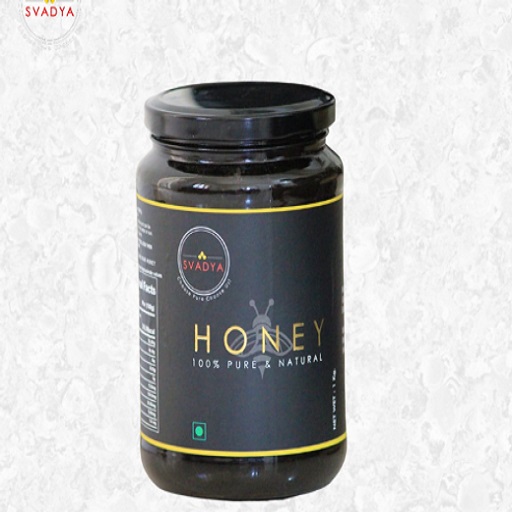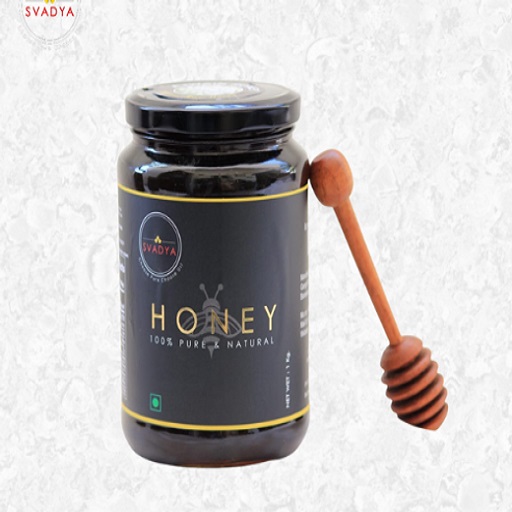
Svadya Pure and Natural
Himanshu Patel
Patan, Gujarat, IndiaAbout Farm
Gujarat-based couple Tanvi and Himanshu Patel belong to the growing population of people who are willingly quitting their corporate jobs for organic farming.
They left their jobs when they realised that their agricultural land was laden with chemicals by the farmer who had leased it. At the time, Himanshu, a mechanical engineer, was working as a senior manager at the JSW power plant. Tanvi was a school teacher.
In 2019, the duo began their organic farming journey. While looking for alternatives to harmful pesticides, beekeeping popped up during one of their internet searches.
“If the crops and vegetables receive enough pollination, the growth can be faster. We first experimented on our own and then got training in beekeeping from the Krishi Vigyan Kendra (KVK),” Tanvi tells The Better India.
This knowledge has been incorporated into their homegrown honey brand Svadya, which today has a presence across the country. They began with just one or two wooden crates of honey, gradually increasing to 100, and then 500.
The duo shares how they not only developed their venture of selling raw honey, but also helped farmers from the neighbouring farm shift to organic cultivation.
Tanvi and Himanshu say they do not process the honey, and package it raw under their FSSAI-certified brand. They sell around 300 kilos of honey every month, and get an average profit of Rs 9 lakh to Rs 12 lakh.
When asked what marketing strategies the duo adopted to get orders from across India, Tanvi says it was all word of mouth. Several of Himanshu’s former colleagues at the JSW plant in Barmer, Rajasthan, purchased the honey and shared it with their relatives. The duo also used social media to spread the word.
Their total farm production increased by 1.5 times, thanks to pollination, the duo says. Seeing this, neighbouring farmers also borrowed the crates for the same.
Basic Information
| Language | english, hindi , Gujrati |
|---|---|
| Farming Method | non-organic |



